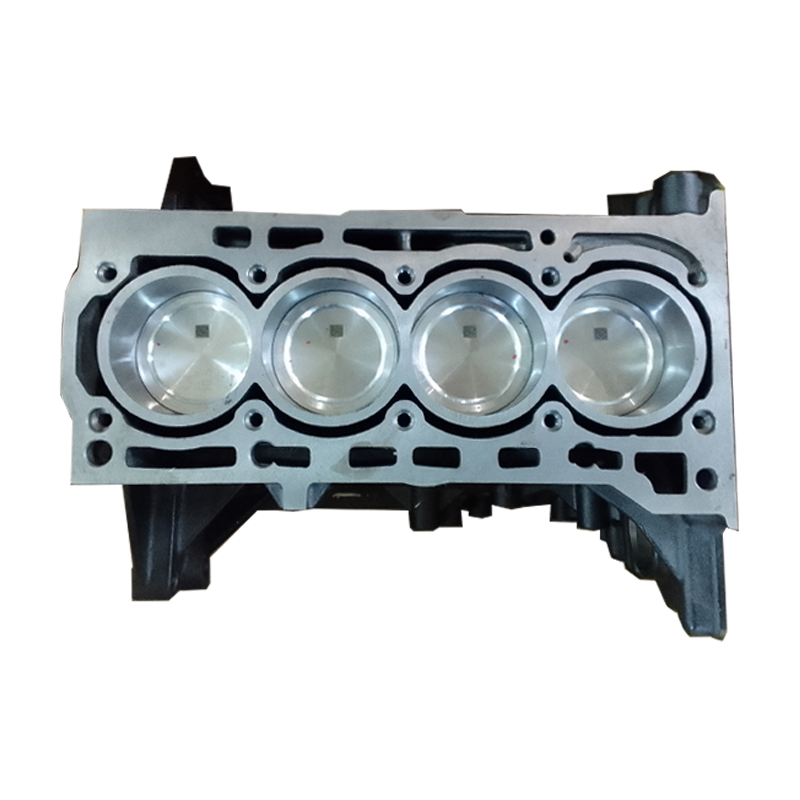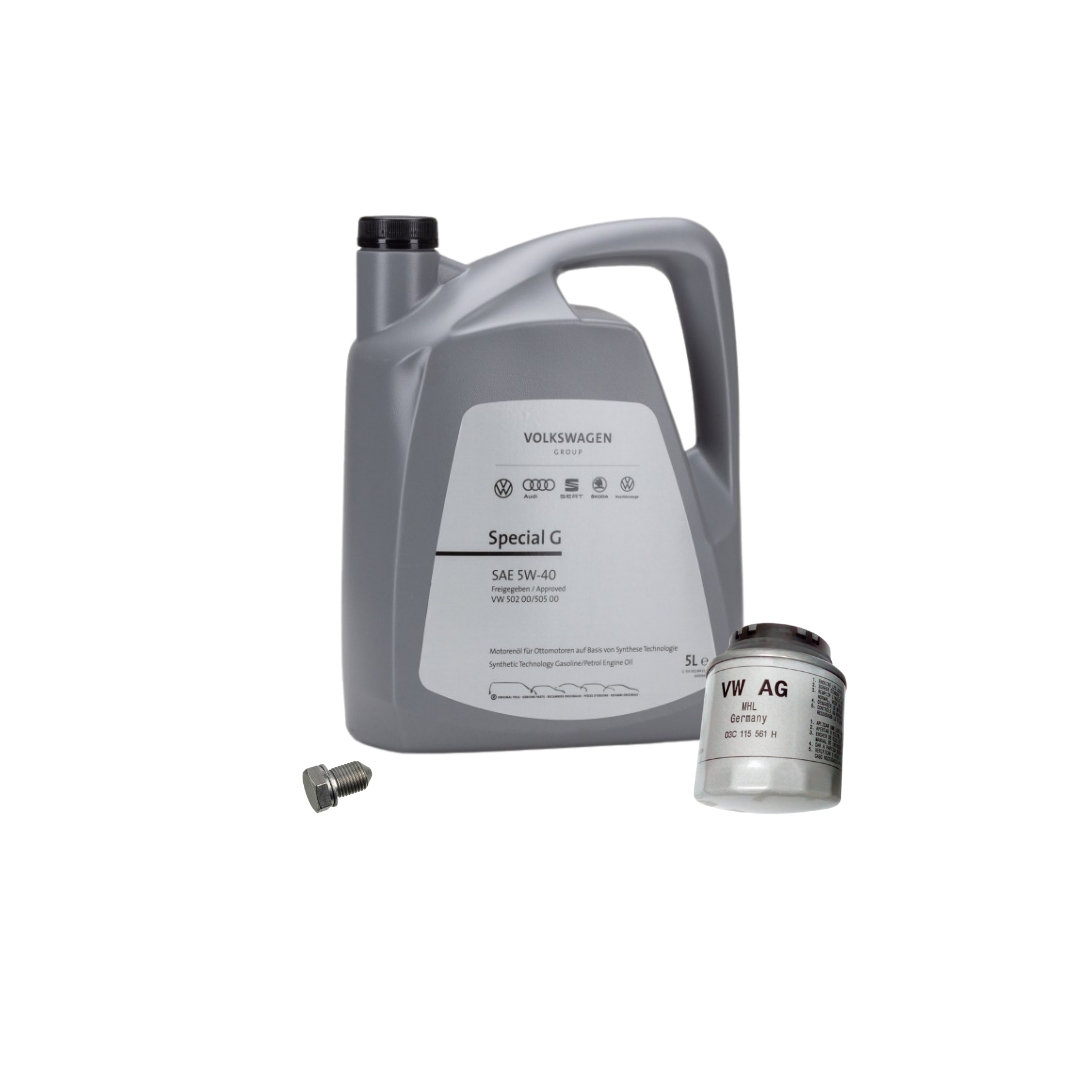Just How a Clp Engine Can Boost Effectiveness in Various Industries
The development of CLP engines notes a considerable shift in operational performance across various industries, driven by their ability to maximize fuel usage and minimize downtime. As organizations significantly focus on sustainability together with effectiveness, the role of CLP engines ends up being also more crucial.
Review of CLP Engines
CLP engines, or Continual Liquid Propellant engines, stand for a considerable development in propulsion technology, especially for area applications. These engines make use of a continual feed system that permits for the sustained expulsion of propellant, resulting in enhanced performance and performance compared to traditional solid or hybrid propulsion systems. By keeping a consistent flow of fluid propellant, CLP engines can attain much more precise drive control, which is crucial for steering spacecraft in different goal scenarios.
The layout of CLP engines integrates innovative materials and ingenious fuel monitoring systems. clp engine. This results in reduced weight and raised reliability, essential factors for long-duration room goals. In addition, the constant procedure decreases the risk of burning instability, a typical challenge in conventional rocket engines.

Benefits in Manufacturing
The manufacturing of Continuous Fluid Propellant (CLP) engines provides several significant advantages that improve both performance and cost-effectiveness. One of the main benefits is the streamlined manufacturing procedure, which minimizes the complexity connected with standard propulsion systems. By using liquid propellant, producers can achieve better precision in engine performance, causing optimized energy result and decreased waste.
Furthermore, CLP engines promote a greater level of modularity, enabling simpler assimilation into different production lines. This versatility can considerably decrease lead times and improve general operational flexibility. Making use of CLP innovation additionally has a tendency to decrease the requirement for considerable upkeep as a result of fewer moving components, which converts into decreased downtime and functional expenses.

Applications in Logistics
Leveraging Constant Fluid Propellant (CLP) engines in logistics uses considerable advantages in functional efficiency and dependability. These engines offer a robust service for different transport requirements, allowing the smooth motion of products investigate this site across huge ranges. The inherent style of CLP engines permits constant power result, which equates right into smoother and a lot more foreseeable transport timetables.
One of the essential applications of CLP engines Discover More Here in logistics is in durable freight transport, where they can drive both ground and airborne cars. Their capacity to maintain high performance under differing tons conditions guarantees that distribution timelines are fulfilled, thereby enhancing customer fulfillment. Additionally, CLP engines can be integrated into automated logistics systems, facilitating real-time monitoring and maximizing path planning.
Moreover, the resilience of CLP engines reduces maintenance downtime, permitting logistics firms to optimize their functional capacities. This is especially beneficial in warehousing operations, where effectiveness in taking care of and moving items is critical. As logistics remains to evolve, the combination of CLP engines represents a forward-thinking method that not just enhances efficiency yet also supports the market's expanding needs for dependability and rate.
Effect on Power Efficiency
Just How do Continual Fluid Propellant (CLP) engines boost energy performance in transport? CLP engines use a consistent circulation of liquid gas, maximizing combustion procedures and maintaining a steady drive result. This style reduces power losses related to traditional burning engines, where fuel distribution can differ and bring about ineffectiveness.
The continuous operation of CLP engines enables an extra reliable thermal cycle, resulting in greater certain impulse contrasted to conventional engines. clp engine. This equates to decreased gas consumption for the very same amount of work done, dramatically reducing operational expenses across various transportation industries, consisting of air travel and maritime industries
Additionally, the capacity of CLP engines to keep optimum performance under differing tons problems lowers the demand for constant check these guys out acceleration and deceleration, additionally enhancing fuel efficiency. Enhanced power effectiveness not just adds to cost financial savings yet likewise results in reduce greenhouse gas emissions, aligning with worldwide sustainability objectives.
Future Trends and Innovations
Emerging improvements in Continual Fluid Propellant (CLP) engine innovation pledge to transform the landscape of transportation performance and sustainability. As sectors pivot towards greener options, CLP engines stand at the center, integrating innovative materials and style methodologies that boost efficiency while lessening environmental effect.
Among the most promising trends is the adoption of hybrid systems that incorporate CLP engines with renewable resource sources. This harmony can enhance fuel usage and decrease exhausts, straightening with worldwide sustainability objectives. Developments in computational liquid characteristics (CFD) are promoting the layout of more aerodynamically reliable engines, leading to reduced drag and boosted gas performance.
Furthermore, the growth of smart surveillance systems is readied to boost functional performances. These systems leverage data analytics and IoT technology to maximize engine performance in real-time, ensuring that the engines operate within their most effective criteria.
As study continues to discover different propellant solutions-- such as biofuels and artificial gas-- the future of CLP engines looks encouraging. By harnessing these advancements, markets can not only enhance their performance yet also contribute considerably to a cleaner, much more sustainable future in transport.
Final Thought
In verdict, CLP engines represent a significant innovation in performance across several markets. The assimilation of advanced products and fewer moving components minimizes maintenance demands, while positioning with sustainability objectives placements CLP engines as a critical modern technology for the future.